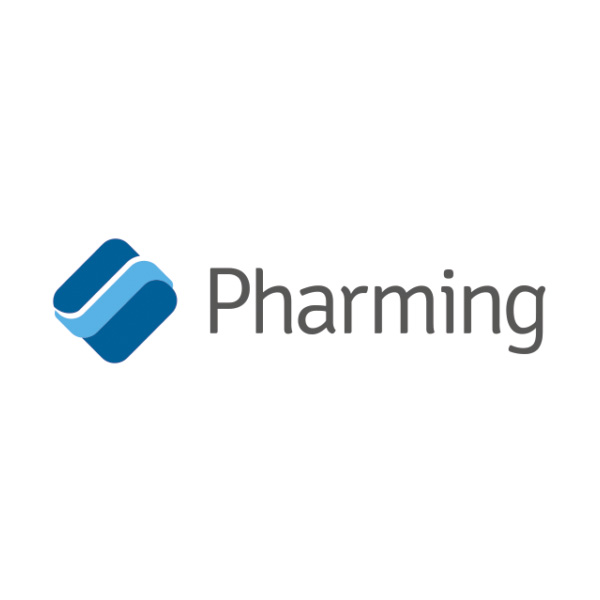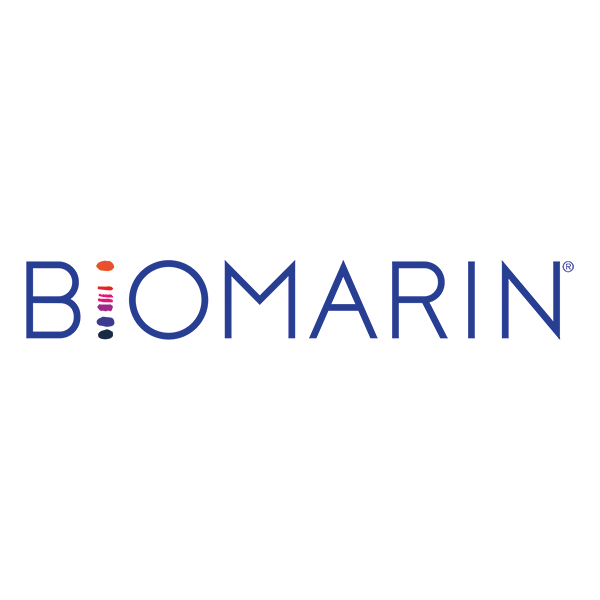In brief
- Your region: Central Eastern Europe & Benelux
- Number of countries: 17
- Number of member organizations: 15
Tell us a little about yourself
I am HAE type I patient, luckily diagnosed at the age of 17. I am co-founder and President of Polish HAE Patient Association known as “Swelling Beautifully”. I have been involved in HAE advocacy in my home country since 2005 and internationally since 2011, just after I became HAEi Vice President. I was appointed Regional Patient Advocate in 2016 and currently I am responsible for both the Central Eastern Europe (CEE) and Benelux region, and the Middle East Region. I live in the city of Krakow, Poland with my wonderful wife and two amazing children: 8 years old daughter Sabinka and 4 years old son Louie, who has inherited HAE from his father. I am an architect specializing in large commercial residential and service projects.
Tell us a little about your region
The Central Eastern Europe & Benelux Region consists of the following countries: Armenia, Belarus, Belgium, the Czech Republic, Estonia, Georgia, Hungary, Kazakhstan, Latvia, Lithuania, Luxembourg, Moldova, the Netherlands, Poland, Russia, Slovakia and Ukraine. It is an area inhabited by nearly 326 million people and very diverse in terms of culture and language spoken. These are the regions where Western culture mixes with Slavic and Asian cultures and where nearly 20 different languages are spoken.
Among these countries, there are several that are members of the European Union, which means that they share common features. However, speaking of health care systems, even among the EU Members, there are large differences in the approach to rare diseases and orphan drugs. We can also find many similarities among the countries that in the past were behind the Iron Curtain. The current availability of modern HAE treatments also varies. There are still places where HAE drugs are not registered or not available to patients. But the most important thing is that 85% of HAE patients in CEE are still not properly diagnosed.
What are you most proud of being able to do for the countries in your region?
In my RPA activities, I am most proud of the fact that, despite broad cultural, historical and linguistic diversity, we were able to jointly implement fantastic HAEi resources for the benefit of HAE patients around the region, and at the same time provide mutual support, understanding and respect. The crowning achievement of this cooperation are the Regional Workshops we organize each year, during which representatives of all Member Organisations (MOs) from the region met and share new ideas, tools and patient advocacy approaches. I am proud of everything that has been achieved so far, whether a short virtual meeting or large-scale projects. Every single minute spent with each MO in the region was effective time, which will surely increase the quality of life of HAE patients. I am lucky to work with amazing patient advocates from Central Eastern Europe and Benelux.
What changes have happened for people with HAE in your region whilst you have been an RPA?
Since I became RPA for CEE & Benelux, many positive things have happened for people with HAE. Since 2016, seven new national HAE organizations were established, and eight MOs were incorporated into HAEi family. Importantly, modern HAE drugs were registered for the first time in two countries, and reimbursement for HAE treatment was approved in several other countries. Thanks to everyone’s hard work, the HAE community in CEE & Benelux has become stronger, increasing awareness and education about HAE. Furthermore, new HCP’s have emerged in the field of HAE.
What Next Steps will you be taking as an RPA to support your region?
My next steps will focus on detailed cooperation within Regional Advisory Group and Regional Medical Advisory Panel. These are HAEi’s key projects in the process of decentralizing the organization’s approach that will lead to the further and faster development of activities in the region. The next steps will also focus on the implementation by patients/MOs of the tools offered by HAEi.










